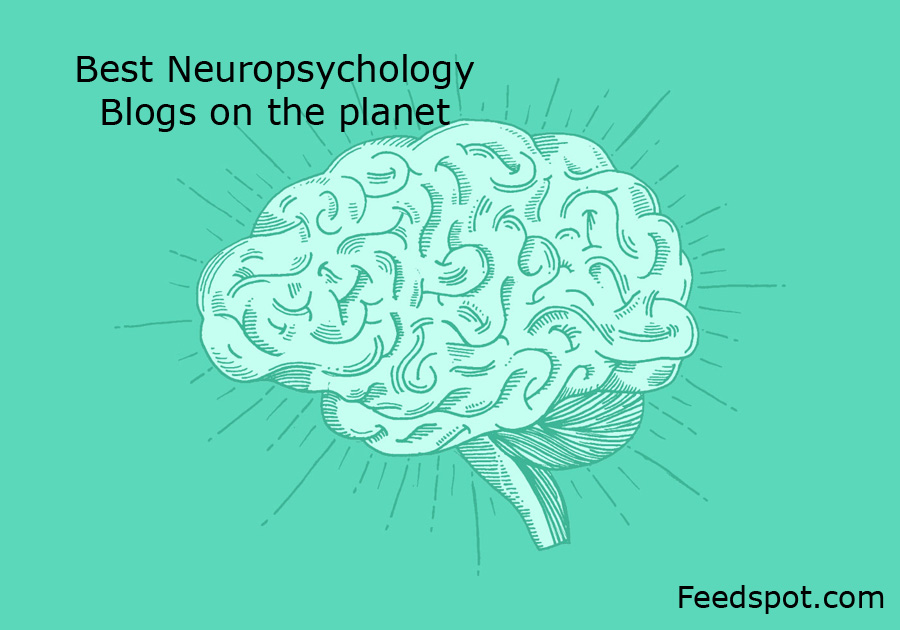Neuropsychology
- Neuropsychology is a fascinating career that studies brain function. Learn what neuropsychologists do and the training they need to enter the field.
- NEUROPSYCHOLOGY High Impact List of Articles PPts Journals 1527.
Specialized knowledge and training in the applied science of brain‐behavior relationships is foundational to the specialty of clinical neuropsychology. In addition to foundational and functional competencies in professional psychology, clinical neuropsychologists have specialized knowledge of functional neuroanatomy, principles of neuroscience, brain development, neurological disorders and etiologies, neurodiagnostic techniques, normal and abnormal brain functioning, and neuropsychological and behavioral manifestations of neurological disorders. Preparation in clinical neuropsychology begins at the doctoral level and specialized education and training is completed at the postdoctoral level. Problems Addressed.
Neuropsychology definition at Dictionary.com, a free online dictionary with pronunciation, synonyms and translation. Look it up now!
Clinical neuropsychologists address neurobehavioral problems related to acquired or developmental disorders of the nervous system. The types of problems are extremely varied and include such conditions as dementia, vascular disorders, Parkinson's disease and other neurodegenerative disorders, traumatic brain injury, seizure disorders, learning disabilities, neuropsychiatric disorders, infectious disease affecting the CNS, neurodevelopmental disorders, metabolic disease and neurological effects of medical disorders or treatment. Populations Served. Clinical neuropsychologists are skilled in clinical assessment and treatment of brain disorders. Essential skills include specialized neuropsychological assessment techniques, specialized intervention techniques, research design and analysis in neuropsychology, professional issues and ethics, culturally competent approaches in neuropsychology, and understanding of implications of neuropsychological conditions for behavior and adjustment.
Competence in clinical neuropsychology requires the ability to integrate neuropsychological findings with neurologic and other medical data, psychosocial and other behavioral data, and knowledge in the neurosciences, and interpret these findings with an appreciation of social, cultural and ethical issues. Share this page:.
Neuropsychology Jobs

Click here for information on our Click here for information on more The Weill Cornell Neuropsychology Service is an outpatient program in the Department of Neurology. The service evaluates patients with a wide variety of neurologic disorders affecting cognition.
The service provides comprehensive assessment of cognitive functioning using standardized tests. The evaluation includes assessment of intellectual abilities, language, attention, memory, problem solving, visuospatial functions and motor skills. Inpatient evaluations can also be arranged, if necessary. Both brief and comprehensive evaluations are available. The Weill Cornell Neuropsychology Service offers evaluations which can be useful in differential diagnosis, establishing baseline level of cognitive functioning, patient care management and treatment planning. The results can provide objective information relating to an individual's potential for rehabilitation, return to work or ability to function independently.
Referrals for neuropsychological evaluation may be arranged by physicians, other health care professionals, the prospective patient or family members. Our network of referral services includes neurology, psychiatry, social work services, cognitive rehabilitation and occupational therapy. Common Reasons for Referral:. Memory & Attention Problems. Dementia vs. Depression.
Normal Aging vs. Early Dementia.

Cognitive effects of toxic exposure, substance abuse or medications. Recovery of function (Head Injury, Stroke). Seizure Disorders. Disability & Competency Information for Patients: What is a neuropsychological evaluation? A neuropsychological evaluation involves testing that is sensitive to problems in brain functioning. Unlike neuroimaging such as CT or MRI scans, which show changes in the structure of the brain, or EEG, which can identify electrical abnormalities in the brain, neuropsychological assessment examines how well the brain is working when it performs certain cognitive functions (for example remembering) Why have you been referred for a neuropsychological evaluation?
There are many reasons why you have been referred for a neuropsychological evaluation. Your health care provider may request an exam in effort to:. Evaluate possible brain dysfunction. Provide information for diagnosis. Define strengths & weaknesses. Document changes over time. Evaluate response to treatment. Youtube video downloader for macbook air- firefox.
Clinical Neuropsychology Phd Programs
Determine the need for assistance with daily activities. Make recommendations relevant for your care & treatment planning What tests are used? The standardized tests used typically assess functioning in the following areas: attention, memory reasoning, problem solving, visuospatial skills, language, motor functions, academic skills, and emotional functioning. The types of tests that you will take depend upon the questions you and your doctor have. The tests are not invasive; that is, they do not involve attaching you to machines or using X-rays. Most of the tests will involve questions-and-answers, or working with materials on the table.
How long is the evaluation? The length of the evaluation can range from 3-6 hours, and may be conducted over the course of two or more appointments. What else do I need to know? Bring all sensory aides (e.g., glasses, hearing aides), records from any prior cognitive testing and a list of current medications with you to the exam. Our office is wheelchair accessible; please notify us in advance of any special needs.
Comments are closed.